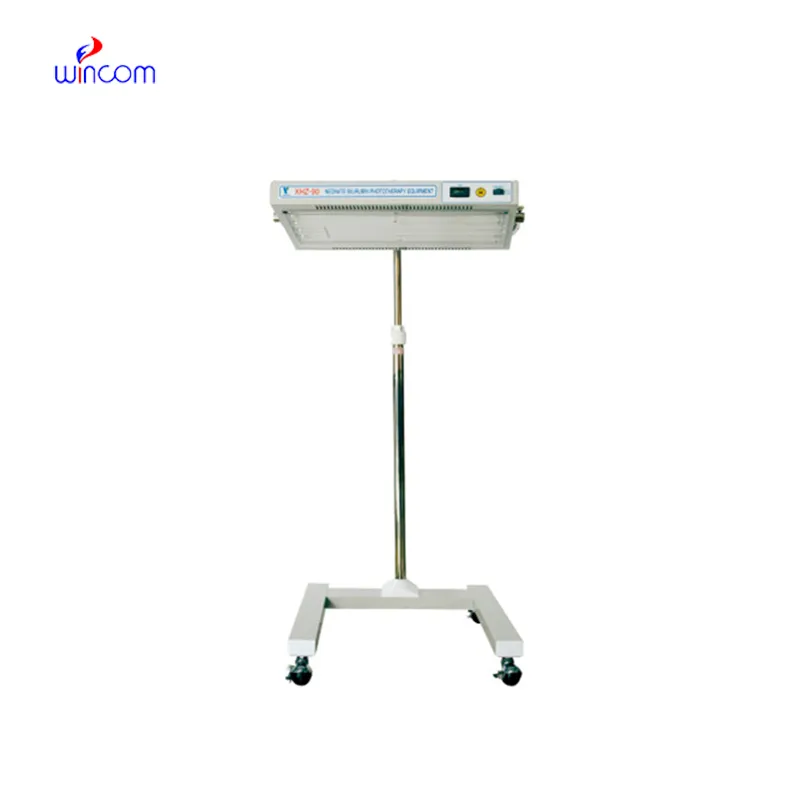
The mri anesthesia machine gives birth operations accuracy, reliability, and comfort. It has user-friendly adjustment levers for uncomplicated access and gliding articulation of moving parts to allow quick changes in positioning when needed. The bed has a padded surface for support and comfort, and reinforced safety rails prevent accidents. The mri anesthesia machine features a compact space-saving base that does not compromise on strength, and it is an extremely useful addition to delivery rooms demanding efficiency and safety.

The mri anesthesia machine is used in different functions in maternity and women's health facilities. It is used in labor and delivery, as well as postpartum care and therapies. The adjustable components of the mri anesthesia machine make it best suited to perform various obstetric and gynecologic procedures. It is also used in clinics for examination and minor procedures. The mri anesthesia machine ensures patients' and healthcare providers' benefits in the form of effective, safe, and comfortable working conditions.

Future development of the mri anesthesia machine will focus on intelligent automation and more user interaction. There will be sensors in the structure that provide feedback on patient comfort, posture, and safety. The mri anesthesia machine can be interfaced with cloud-based medicine systems for data analysis and transfer. Future designs will also highlight light-weight and quiet motor systems for an easier birthing process. These advancements will promote innovation in obstetric care technology.

Periodic maintenance of the mri anesthesia machine extends its life and ensures safety for patients. Control buttons, motors, and bed casters should be tested periodically to ensure they are working. Mattresses and upholsteries must be thoroughly cleaned to prevent bacteria from growing. The mri anesthesia machine must also undergo yearly safety inspections by competent professionals to verify if it is in good structure and working condition.
Often used in obstetrics sections, the mri anesthesia machine provides convenience and comfort during labor. Its design supports mothers during labor with adjustable parts and firm positioning. The mri anesthesia machine comes with a motor or hand control for effortless height and angle adjustments. Safety rails, non-slip floors, and lockable castors ensure safe operation. Its ergonomic nature is for the benefit of both patients and medical professionals, while the quality materials applied to the mri anesthesia machine ensure safety and hygiene during use.
Q: What features make a delivery bed different from a regular hospital bed? A: A delivery bed has specialized sections for labor and delivery, adjustable leg supports, and a design that facilitates both patient comfort and clinical accessibility. Q: How do medical staff control the position of a delivery bed? A: The delivery bed includes manual or electric controls that allow staff to adjust its height, backrest, and leg supports smoothly during delivery. Q: Is a delivery bed suitable for postpartum care? A: Yes, the delivery bed is designed to support both childbirth and early postpartum recovery, ensuring continuous patient comfort. Q: What safety mechanisms are built into a delivery bed? A: Delivery beds are equipped with locking wheels, side rails, and stable frames to ensure patient safety during all stages of labor and birth. Q: How often should delivery beds be inspected? A: Delivery beds should be inspected regularly to ensure all mechanical and electrical components remain safe and functional for clinical use.
The centrifuge operates quietly and efficiently. It’s compact but surprisingly powerful, making it perfect for daily lab use.
The hospital bed is well-designed and very practical. Patients find it comfortable, and nurses appreciate how simple it is to operate.
To protect the privacy of our buyers, only public service email domains like Gmail, Yahoo, and MSN will be displayed. Additionally, only a limited portion of the inquiry content will be shown.
Could you share the specifications and price for your hospital bed models? We’re looking for adjus...
We’re currently sourcing an ultrasound scanner for hospital use. Please send product specification...
E-mail: [email protected]
Tel: +86-731-84176622
+86-731-84136655
Address: Rm.1507,Xinsancheng Plaza. No.58, Renmin Road(E),Changsha,Hunan,China